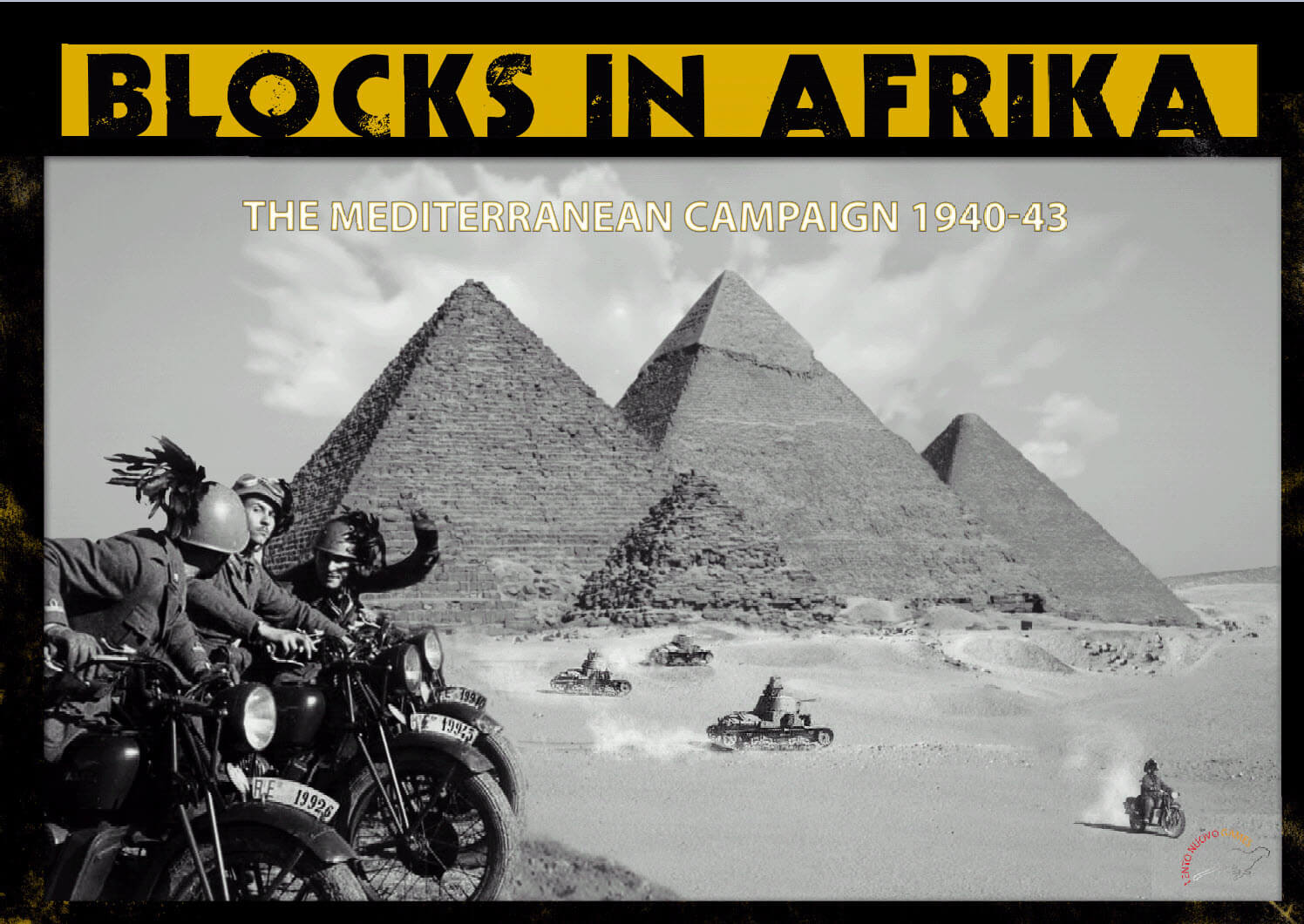By Emanuele Santandrea:
In the years between 1938 and 1939, Germany claimed and obtained in some different ways and with the silent approval of the other European countries the annexation of most of those territories which were inhabitated by German speaking people: that’s happened in 1938 with Austria and Sudeti, and short after in 1939 with the whole Cecoslovacchia.
In 1939, Hitler, however was still far from being satisfied and demanded the free city of Danzig and the so called Polish Corridor (including Posen) from Poland.
At a certain point, France and Great Britain seemed close to give up again, but when short after in August they firmly supported the Polish integrity as a Nation, the Nazi German and the Soviet Union shocked the world by signing a NAzi-soviet non-aggression pact. In other words they agreed on when and how to provide Europe with new borders.
The secret protocol of the so called Molotov-Ribbentrop pact, not only included details on how to divide Poland between the two Powers, but also supported the idea of sphere of influence.
So, while Germany could short after turn west to deal with the French, the Soviets could annex the eastern Poland and conduct their limited wars against their weak Finnish, Baltic and Rumanian neighbours.
But let’s start from the beginning, so from Danzig. The coastal city was shelled early in the morning of September 1 by the the German battleship Schleswig-Holstein. Few minutes after German pioneers secured the main vital bridges on the border, while Stuka’s formations provided air cover to the advancing ground troops.
Despite their fierce resistance and courage, there was little the Polish could oppose to the Germans, and really little their fellow Western Allies did in the Saar.
The Polish destiny was signed as soon from the Eastern Borders the Soviets attacked an already crawling Country.
Now the lector who has so patiently come to the end of this script, would be so kind to accept some mistakes which may have come due to the bad English of the writer, but I hope you can have some fun having a close watch at some pictures.
Polish deploy at the borders and hope for a combined Anglo-French offensive against the Rhein.
A larger view of the overall situation in Europe
Germans in Warsaw
The unpredictable Soviet aggression faced little or no resistance froma Country already on her knees
Chamberlain and Gamelin did little in the west.
What followed is remembered as the Phoney War.





